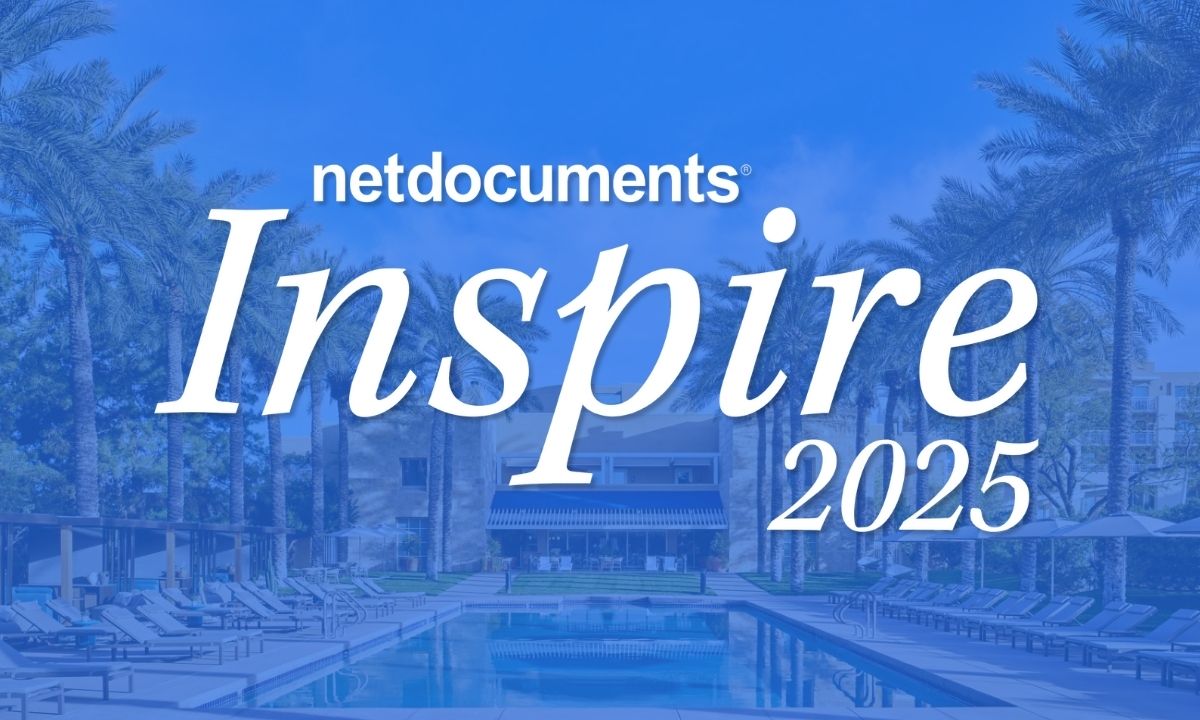
Legal Data Security & Governance
Keep your documents secure & compliant.
As a legal professional, you’re trusted with keeping sensitive and confidential information safe. Protect your documents and stay in compliance with guidelines and regulations by using a cloud-based document management service with industry-leading encryption, access controls, data loss prevention, ethical walls, and more.
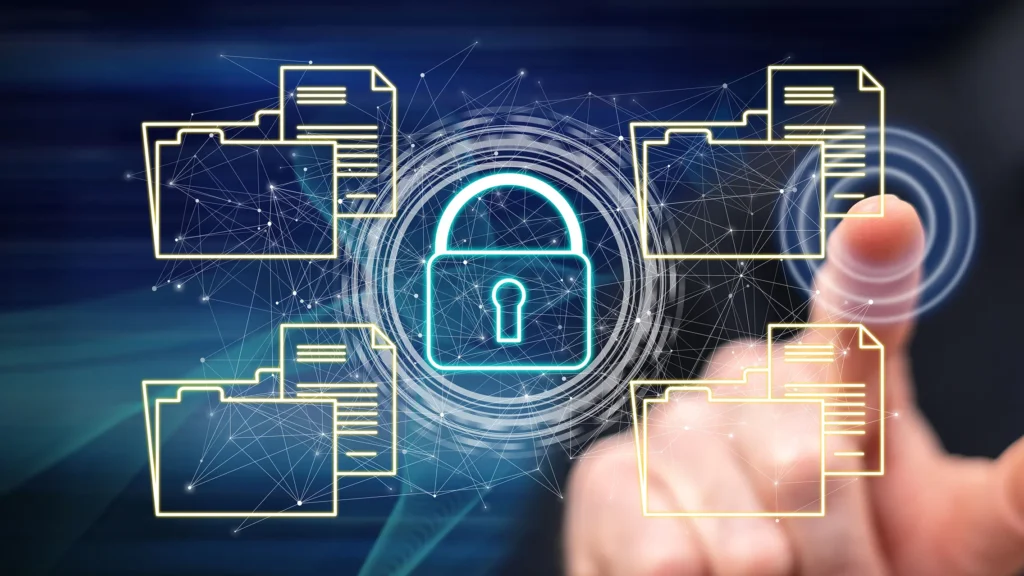
NetDocuments provides easy “invisible” security to keep data safe.
Data loss prevention
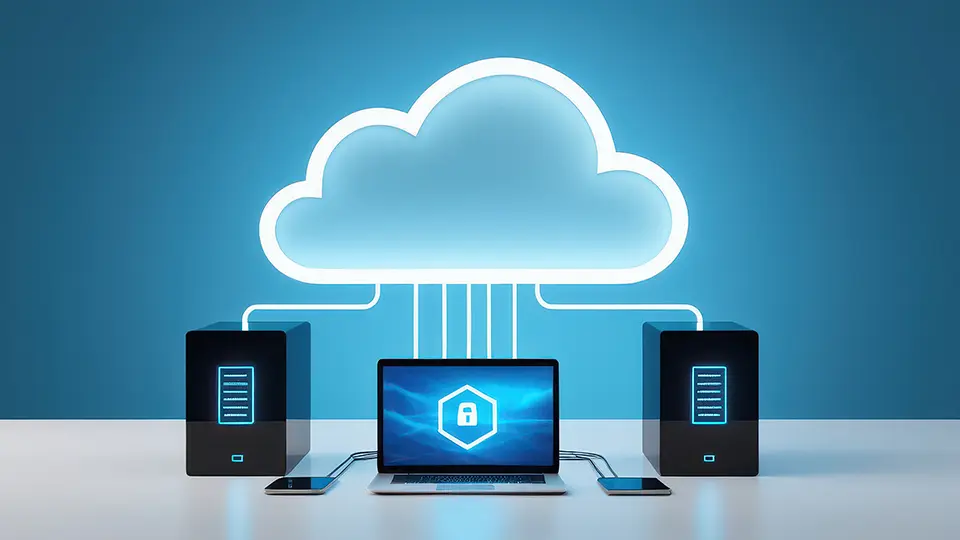
Data loss prevention (DLP) controls, automated classification, and enhanced information security help you establish and enforce your organization’s security policies and prevent data breaches.
Ethical walls & controls

Build and maintain strong ethical walls through granular access controls at the user, document, or workspace level, ensuring that only authorized users have access to confidential information.
Advanced security
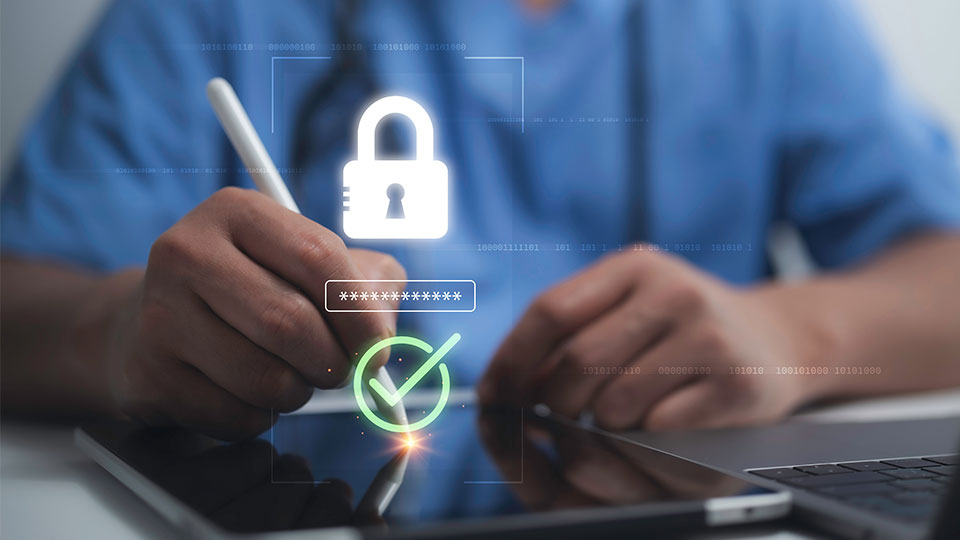
NetDocuments offers added layers of security with optional customer-managed encryption keys and geo-aware content storage.
on-demand webinar
The Hidden Costs of Outdated LegalTech: Understanding the gaps – and how to fix them
Stay in compliance
When you store your documents in NetDocuments, our security is your security. With multiple ISO security certifications and a current SOC 2 Type 2 audit for Security, Availability, and Privacy controls, it’s easy to verify that the NetDocuments service is in compliance with client guidelines and regulations such as GDPR, HIPAA, and LGPD.
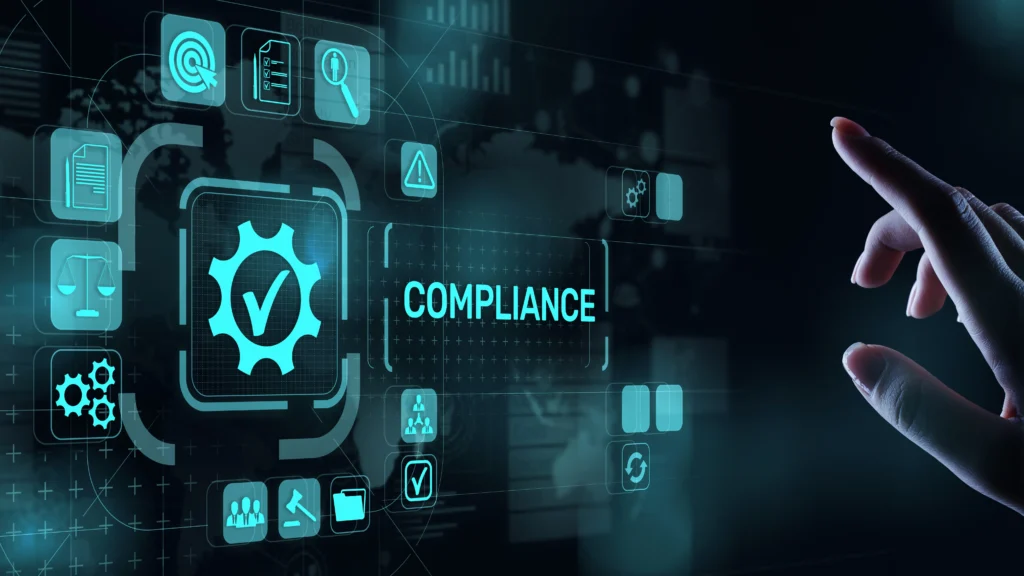
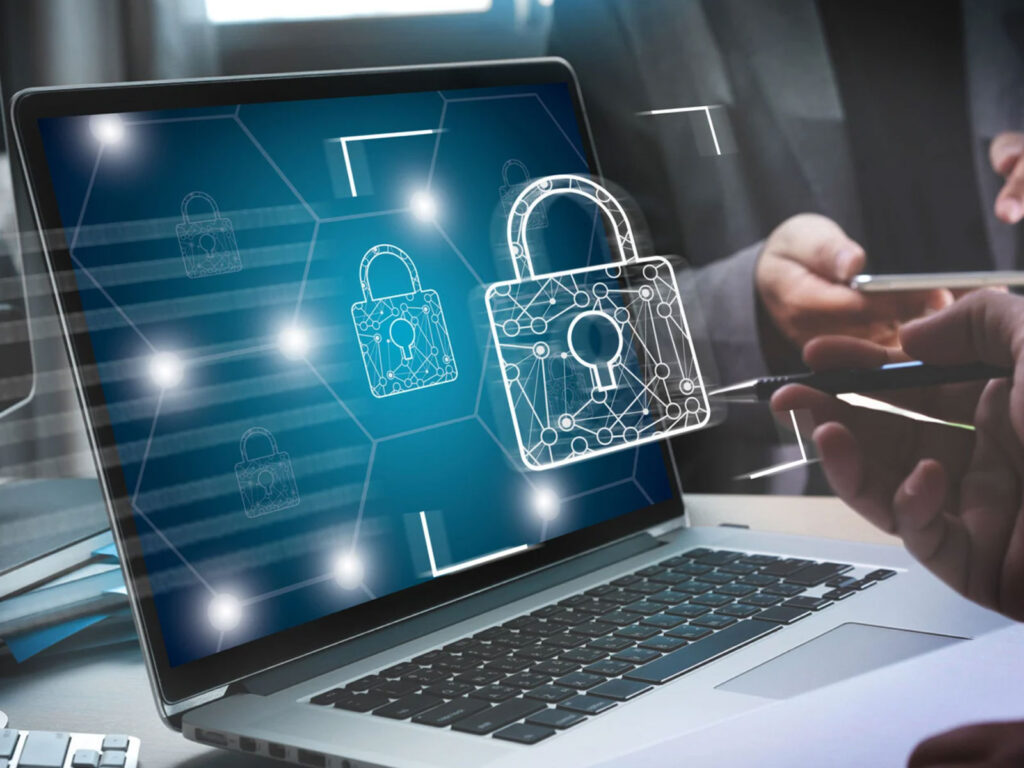
Elevate data security
Data loss prevention (DLP) tools give you an added level of security to protect confidential information from being shared with anyone not granted access, whether accidentally or on purpose.
Create ethical walls
Build and maintain ethical walls with granular access controls at the user, document, and workspace level so that your information remains on a need-to-know basis.

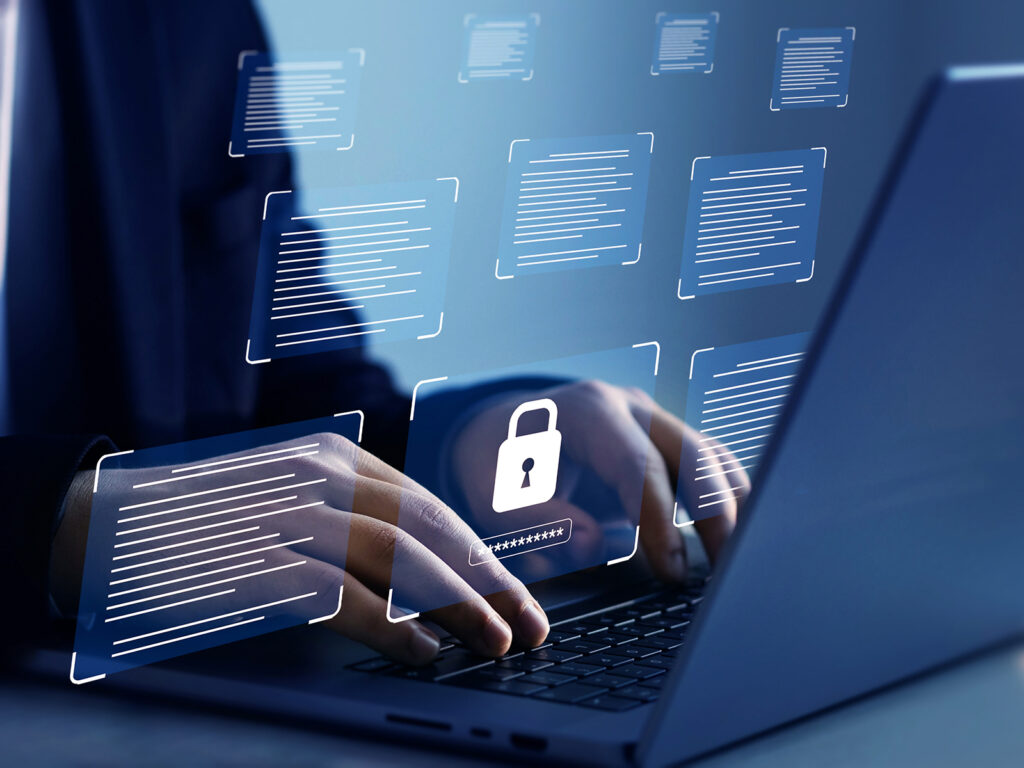
Add more layers
For organizations that need to take their security to the next level, NetDocuments provides optional advanced tools for encryption and the ability to manage and control where, geographically, content is stored.
customer stories
See what customers are saying…
“NetDocuments offered the stringent security we require and a lot of features to give our teams the flexibility to work where, when, and how they need to.”

Nicholas Leininger
Ruder Ware
“With NetDocuments in place, we can confidently give [clients] peace of mind, knowing that our documents will always remain secure while also meeting their compliance needs. “

Toh Kok Seng
Lee & Lee
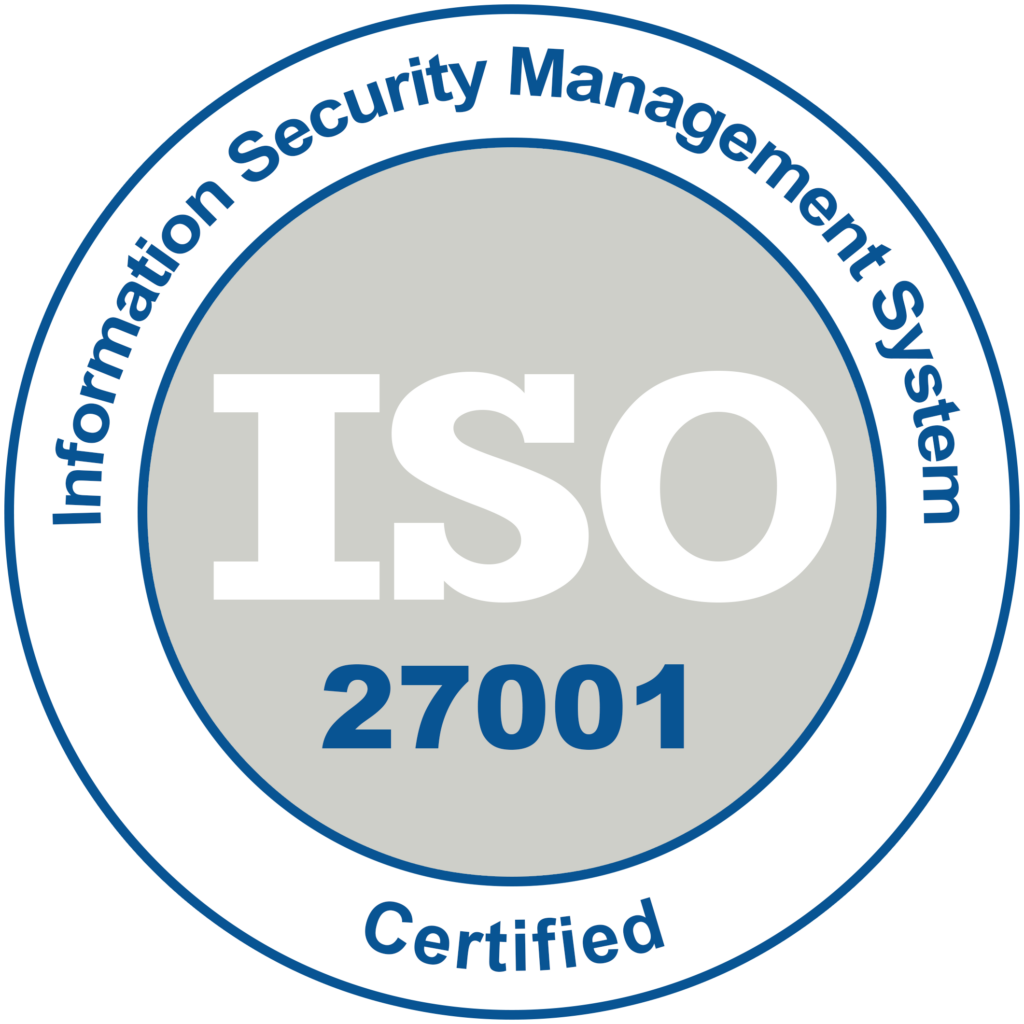
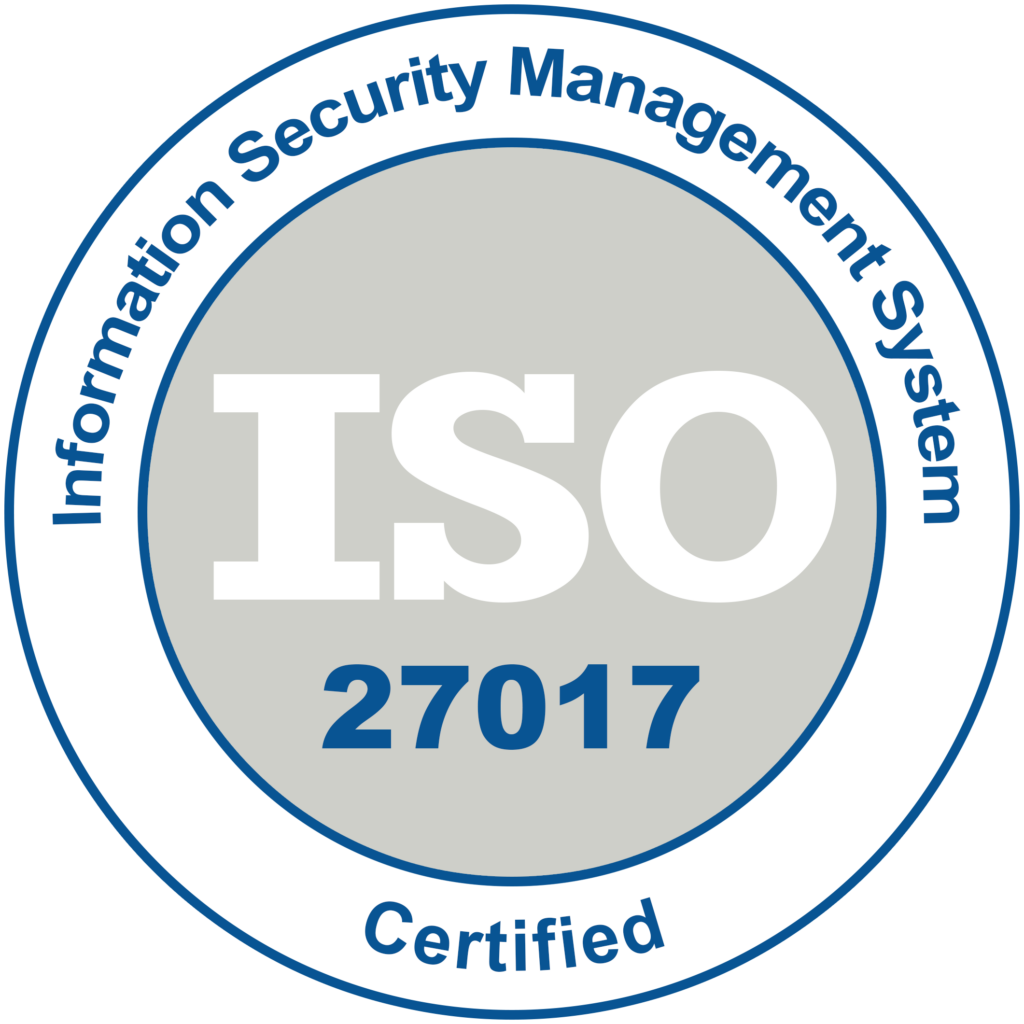
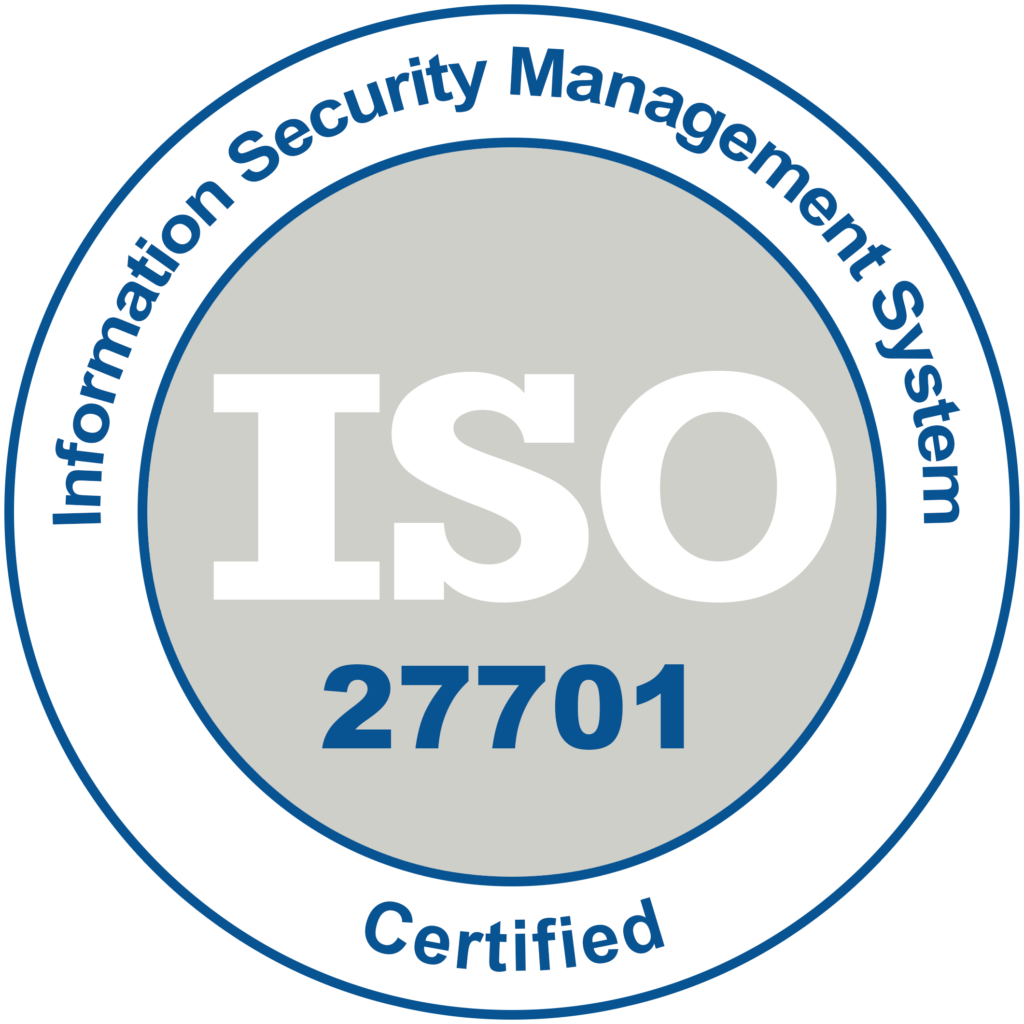
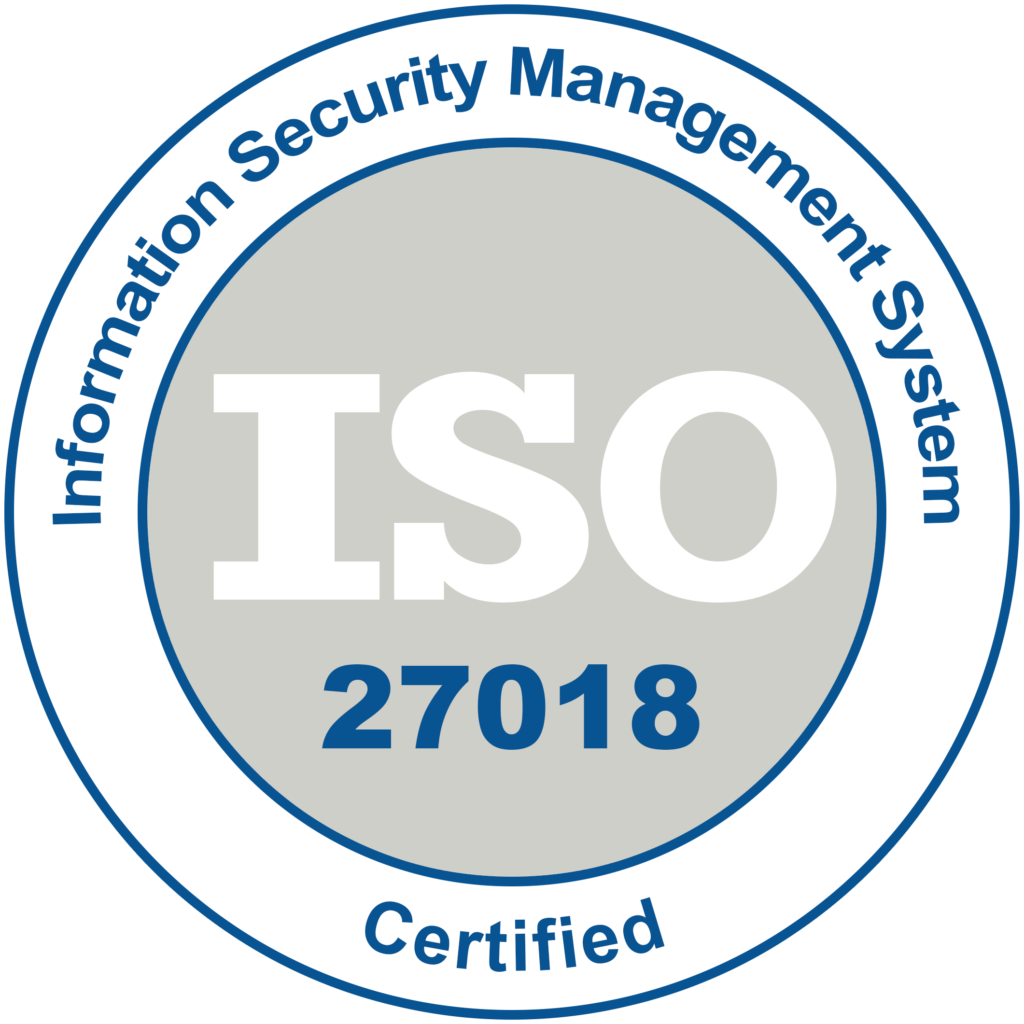
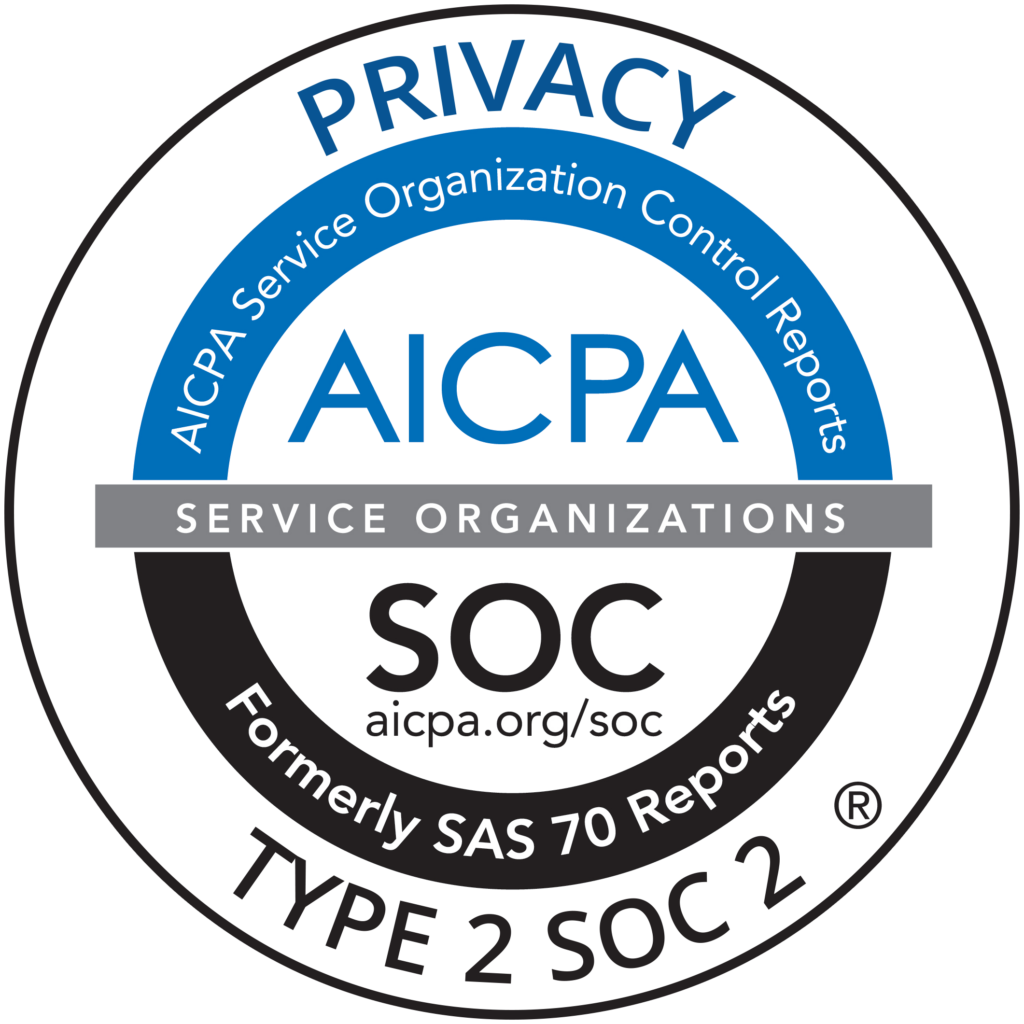
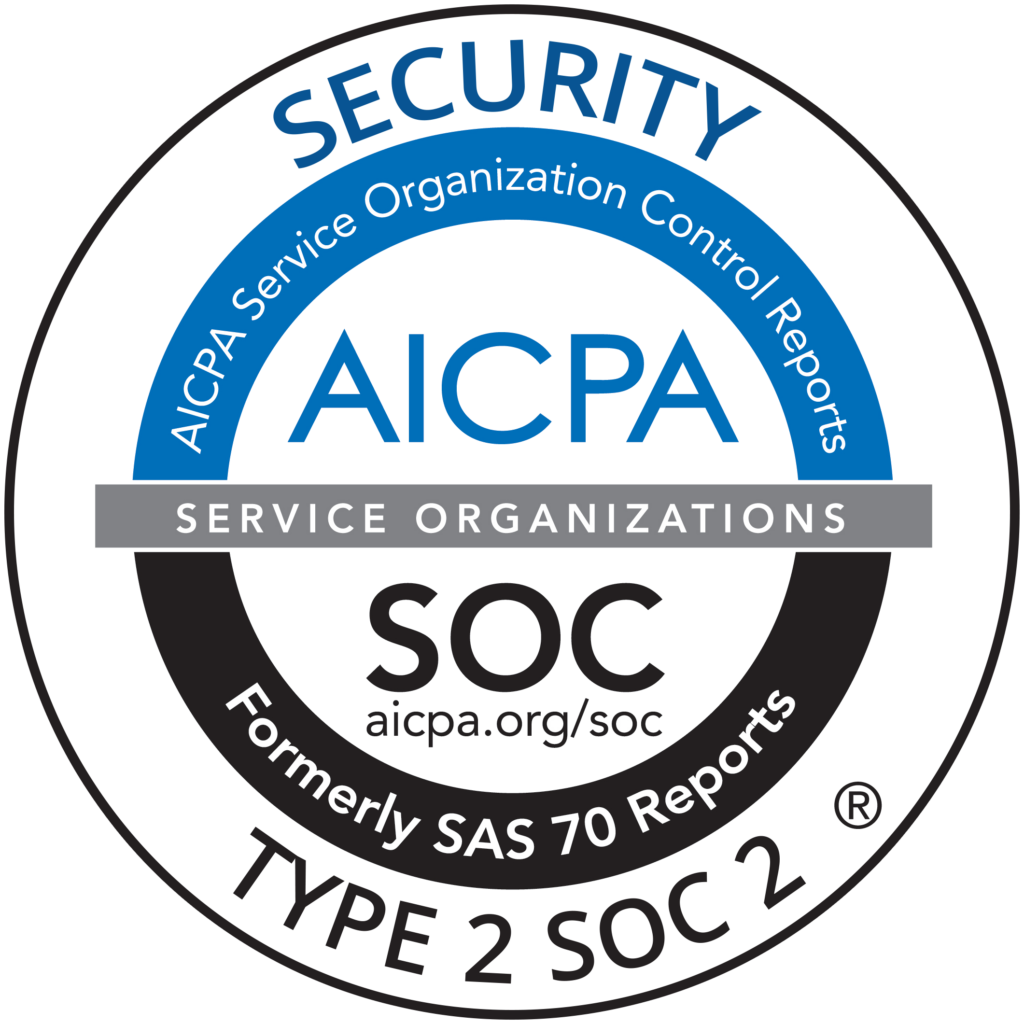
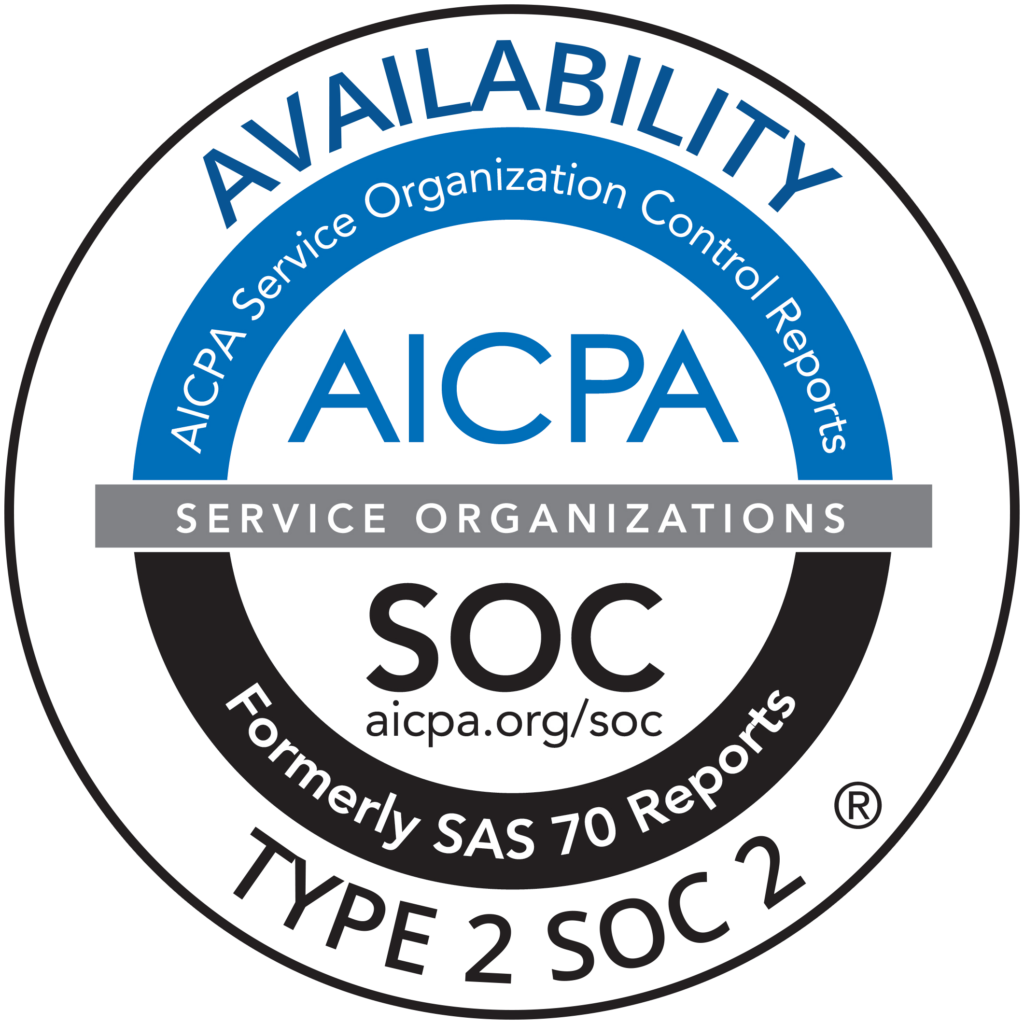
Compliance you can count on
When you use the NetDocuments platform, compliance is built in.
With multiple ISO and SOC 2 certifications, it’s easy to verify your document management practices remain in compliance with client guidelines and regulations such as GDPR, HIPAA, and LGPD.
FAQs
What security measures are in place for data stored in NetDocuments?
NetDocuments implements and maintains extensive Security, Privacy, and Availability controls validated by annual independent SOC 2 Type 2 audits, and NetDocuments actively deploys all controls identified in ISO 27001, 27017, 27018, and 27701. The service leverages continuous monitoring, logging, and threat detection solutions. Customer data encryption is maintained with both NetDocuments-managed and customer-managed key options.
How is access control implemented?
The NetDocuments service allows customers to deploy and maintain a Zero Trust access model, including:
*Multifactor authentication (MFA)
*Least privilege access
*Continuous monitoring and role-based access control
*Federated identity management
*Automated policy enforcement
How does NetDocuments ensure compliance with GDPR, HIPAA, and other regulations?
NetDocuments undergoes annual compliance audits and has ISO certifications and SOC 2 audit reports that verify the platform is compliant with regulatory requirements and objectives.
Does NetDocuments provide logs for compliance monitoring?
Yes, data activity logs, administrative activity logs, and individual file histories are always available via the admin console within NetDocuments. Customers may also subscribe to the optional Analytics function for access to detailed metrics on user activity and data utilization.
Resources
Level up with these resources
-
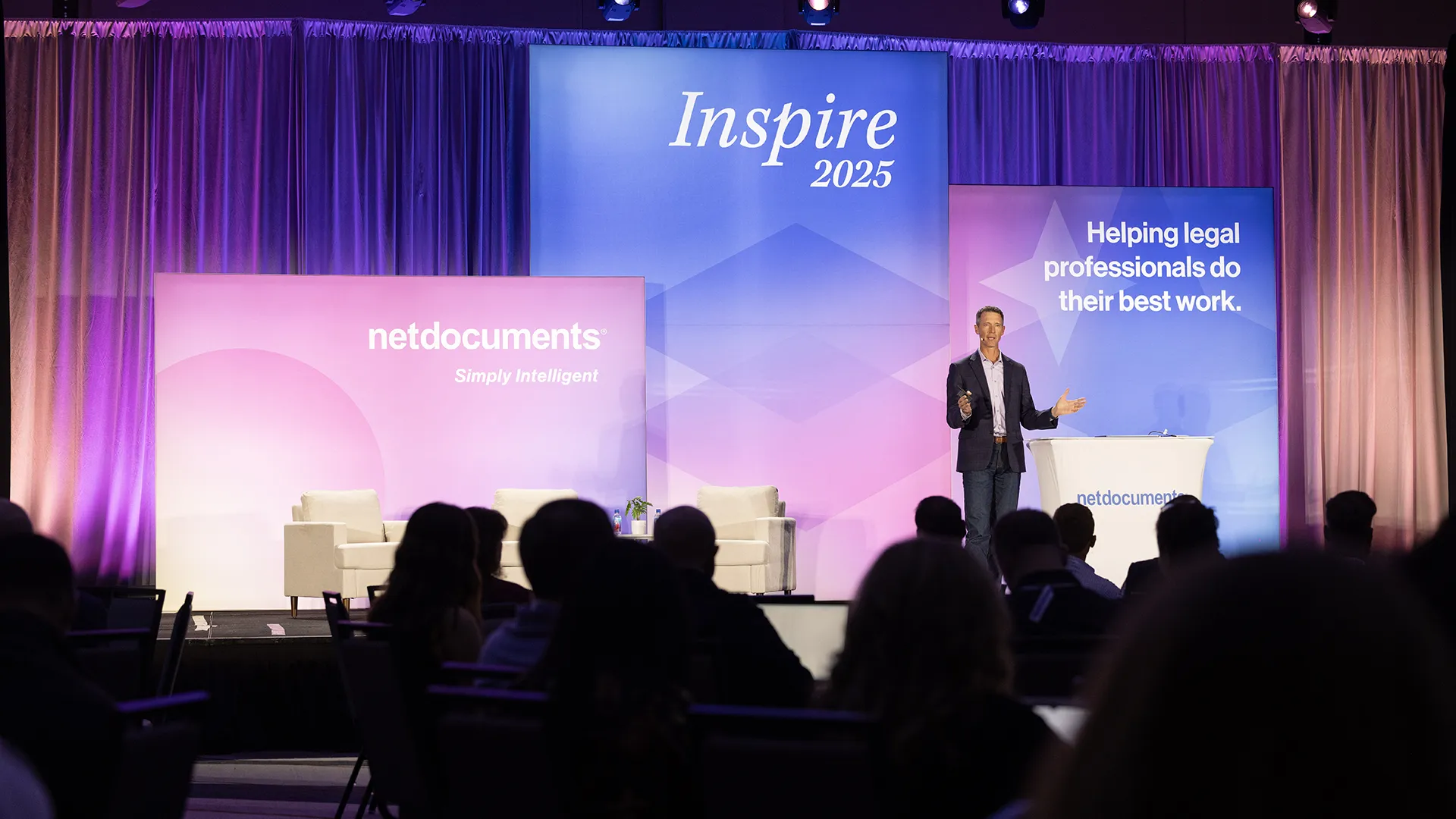
- Blog
Inspire 2025 Phoenix Day 3 Recap: NetDocuments AI Search Makes Its Debut
Michael Owen Hill Director of Product Marketing Another successful NetDocuments Inspire…
-
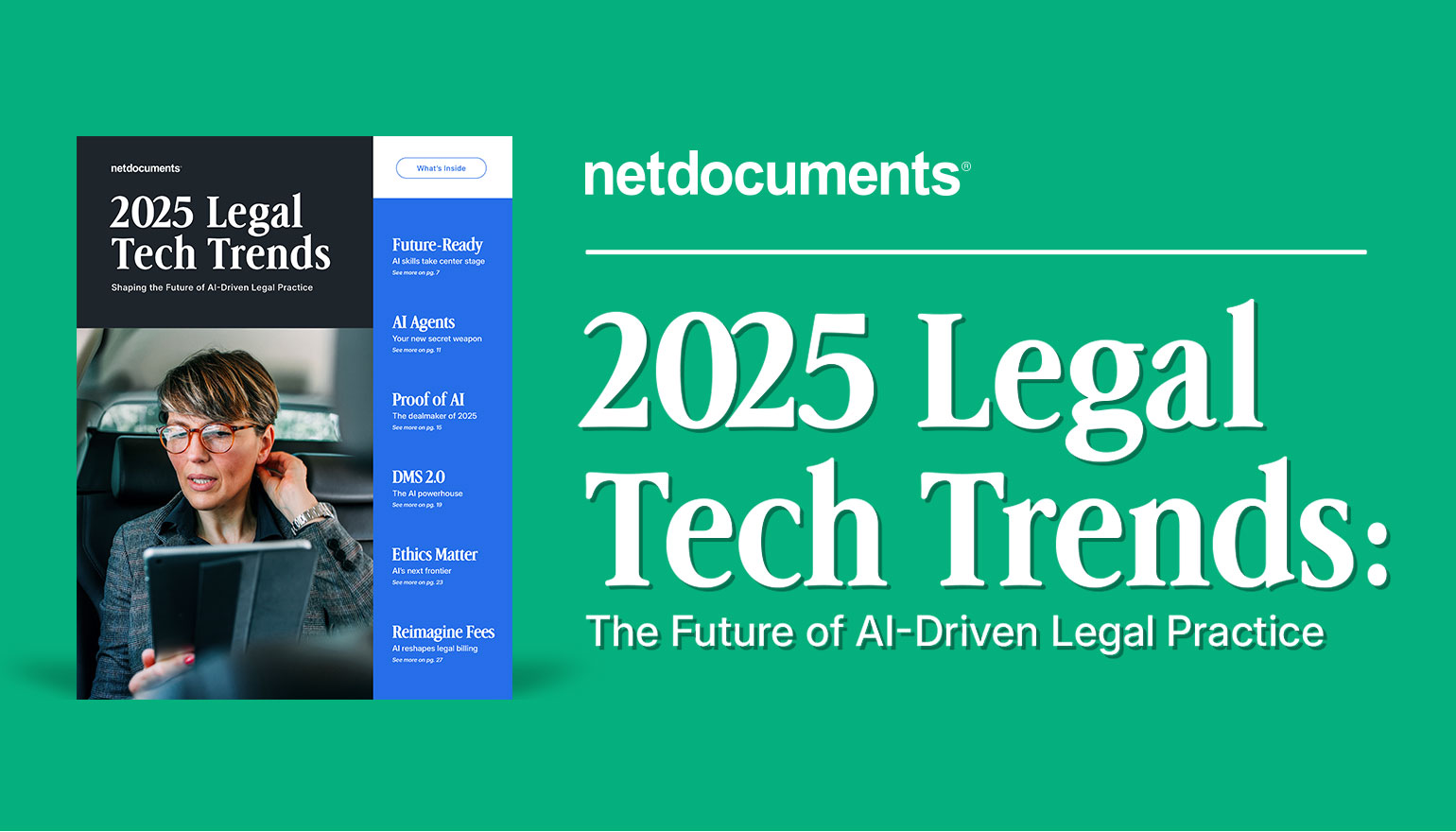
- Blog
AI-Driven Legal Tech Trends for 2025
With 79% of law firm professionals now incorporating AI tools into…
-
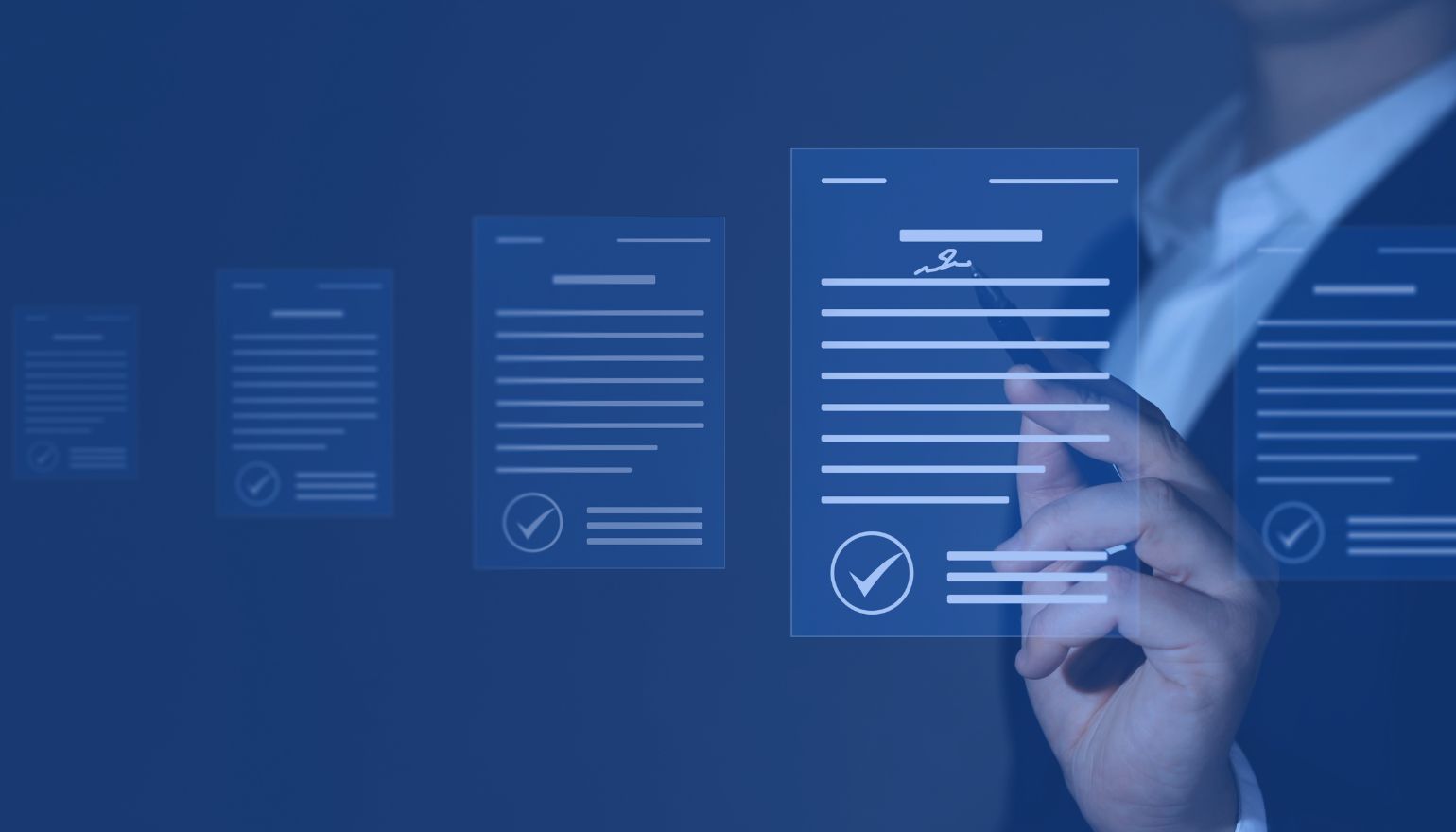
- Blog
Convincing Corporate IT That Legal Really Is Different: Making the Case for Corporate Legal Department Software
Explore the unique challenges legal operations leaders face in advocating for…
-

- Blog
The Digital Shift: Embracing AI for Legal Documents
The legal industry is facing a new era of transformation, driven…
NETDOCUMENTS


